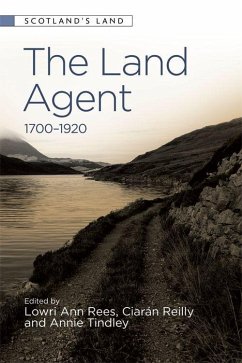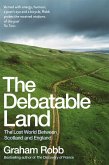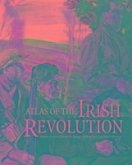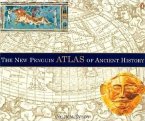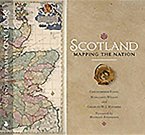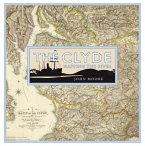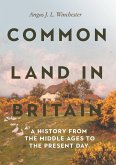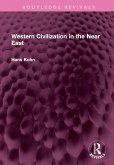'This is a very important and pioneering comparative study of land agents in Ireland and Britain, a class often reviled in historiography and literature. Ambitious in its scope and accessible in its scholarship, it is crammed with significant original details about the lives, social backgrounds, education, training, capabilities and weaknesses of a class central to Irish and British rural life in the long nineteenth century.' Terence Dooley, Maynooth University Explores the role of land agents in Britain and its imperial territories between c. 1700 and 1920 This book brings together leading researchers of British and Irish rural history to consider the role of the land agent, or estate manager, in the modern period. Land agents were an influential and powerful cadre of men, who managed both the day-to-day running and the overall policy direction of landed estates. As such, they occupy a controversial place in academic historiography as well as popular memory in rural Britain and Ireland. Reviled in social history narratives and fictional accounts, the land agent was one of the most powerful tools in the armoury of the British and Irish landed classes and their territorial, political and social dominance. By unpicking the nature and processes of their power, The Land Agent explores who these men were and examines the wider significance of their roles - thus uncovering a neglected history of British rural society. Lowri Ann Rees is Lecturer in Modern History at Bangor University. Ciarán Reilly is based at the Centre for the Study of Historic Irish Houses & Estates, Maynooth University. Annie Tindley is Senior Lecturer in Modern British History at Newcastle University. Note change to credit line Cover image: Loch Glendhu, Sutherland by Oakley Cundall 2017 Cover design: [EUP logo] edinburghuniversitypress.com ISBN 978-1-4744-3886-5 Barcode

